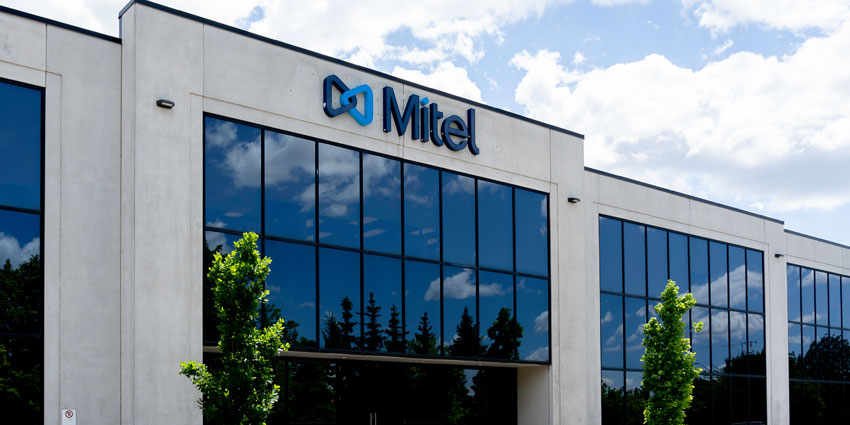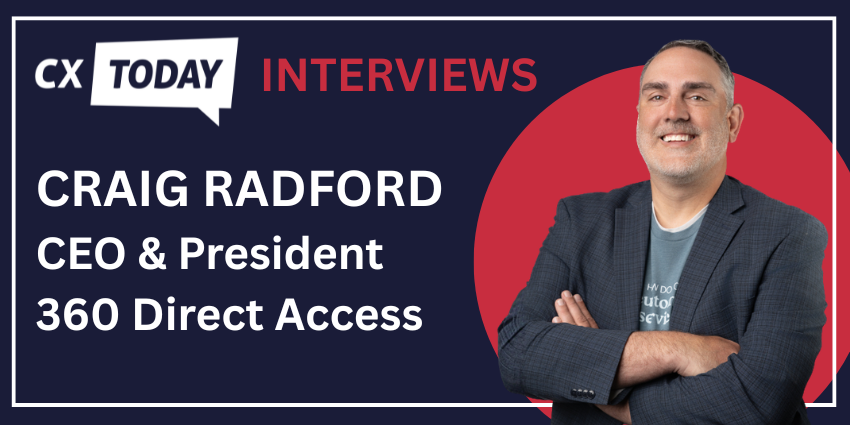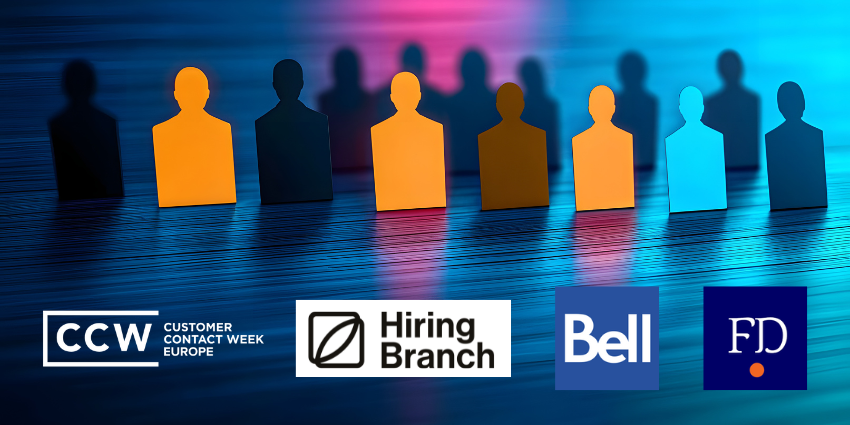To say Mitel has had a busy start to 2025 is perhaps an understatement.
Yet, while it has announced major new partnerships and product releases, its Chapter 11 bankruptcy filing is what everyone in the enterprise communications space is talking about.
Chapter 11 bankruptcy gives businesses the opportunity to restructure their debt load and repay creditors.
Indeed, it mustn’t be confused with Chapter 7 bankruptcy: liquidation.
As such, Mitel customers can expect business as usual.
Eric Hanson, CMO of Mitel, stressed this during an interview with Zeus Kerravala, Principal Analyst at ZK Research.
Opening up on the matter, Hanson spoke with optimism about the financial restructuring: “I believe it’s a really positive step for the company,” he claimed.
“Obviously, over the last several years, we’ve had a hybrid strategy, and we’ve seen a lot of really great momentum on the portfolio side.”
But of course, we had this debt that we’ve been carrying since going private in 2018, so it was time, despite the business’s health, to address the debt.
As its court documents revealed, Mitel carries a total debt of $1.3BN. It hopes to trim that by $1.15BN once it emerges from bankruptcy.
Mitel’s Hybrid Mission
Mitel offers both on-premise and cloud-based contact center and unified communications platforms, supporting many enterprise customers.
In doing so, it claims to be having success with a hybrid strategy that not only connects these offerings but Mitel’s on-premise solutions with third-party platforms, too.
These third-party platforms include Genesys Cloud CX, Zoom Workspace (more on this later!), and others.
Building on this, Mitel is doubling down on hybrid, with Hanson asserting his faith that such models are the future. He said:
We believe the future is hybrid—a mix of SaaS, on-prem, private cloud, and everything in between, supported by professional services.
Yet, a hybrid contact center is not for everyone. Recognizing this, Hanson boiled the success of hybrid down to four scenarios:
- Path of Least Resistance: Where enterprises have the infrastructure, they’re not ready to lift and shift. Based on their needs, they want modern capabilities to weave those things together, which drives them down a hybrid path.
- They Need to Have It: From a compliance perspective, because of their geography or industries like banking, financial services, or insurance, specific requirements demand that certain parts of their infrastructure remain in the dedicated cloud or even on-premise setups.
- They Want to Have It: Their risk tolerance leads them to maintain control over data and continuity.
- They Don’t Want to Deal with It: They prefer to take their IT team and devote them to other strategic initiatives, so they outsource.
“Most of the larger deals we’ve seen fit into one of these buckets,” summarized Hanson.
The Big Win with Zoom
In 2024, Mitel introduced a new partnership with Zoom for customers that wish to operate in a hybrid UC environment.
Indeed, the collaboration introduced a hybrid cloud platform combining Zoom Workplace and AI Companion with Mitel’s telephony solutions.
The partners accomplished a massive customer win recently, according to Hansen. He said:
We recently landed our first big win together: 21,000 seats with an existing Mitel customer who has 71,000 total seats. And there’s more coming.
“We’re also certifying our full line of devices for Zoom,” concluded Hansen. “Since we sit at the intersection of hardware and software, this plays directly into frontline scenarios where devices matter.”
For Zoom’s part, it recently secured its largest-ever CCaaS deal, with a Fortune 100 company moving 15,000 agents to its platform.
Have thoughts to add? Join the conversation on LinkedIn or Reddit—we’d love to hear your perspective.







